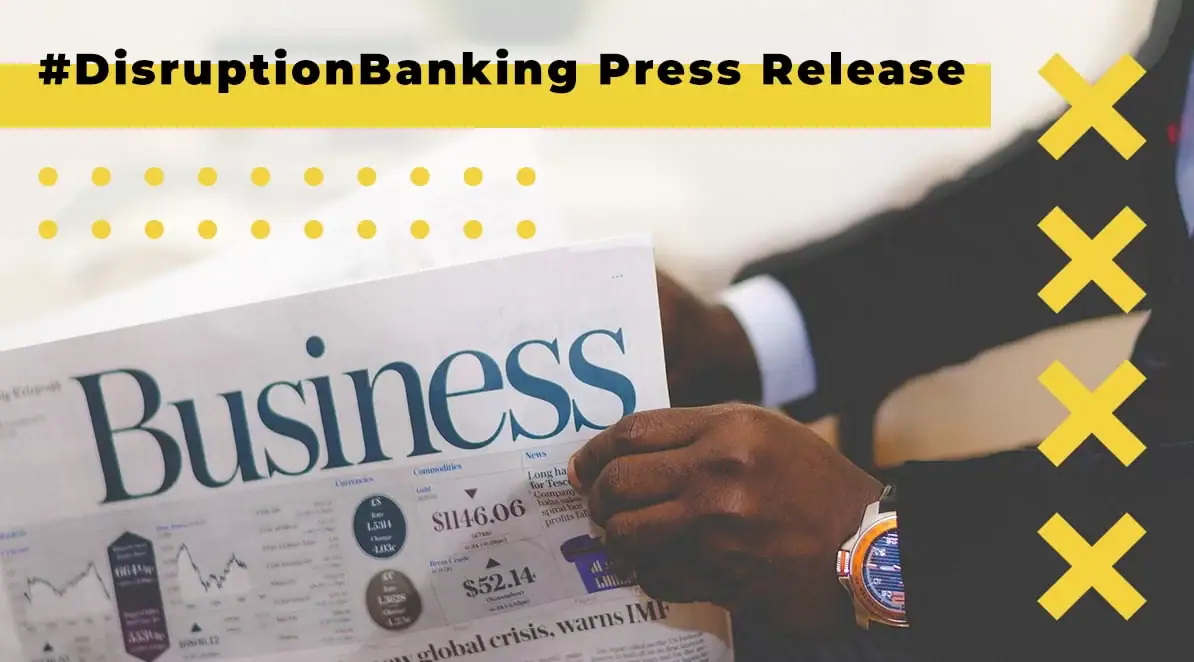The game is finally up for Binance’s co-founder Changpeng Zhao.
Earlier this month, Zhao pleaded guilty to violating US anti-money laundering laws on the basis he “wilfully caused Binance to fail to maintain an effective anti-money laundering programme.” Binance admitted breaking US anti-money laundering and sanctions laws and agreed to pay a $4.3 billion fine. Zhao will personally pay a $50 million fine and faces up to 18 months in prison.
Zhao’s downfall represents a steep decline from the heady days of the crypto bull run in 2021, which saw Binance transform from a disruptive startup to a global financial institution processing $76 billion worth of transactions every day.
During this spell of rapid growth, regulators, campaigners, and journalists consistently expressed concerns that Binance’s huge profits were coming at the expense of proper compliance practices. Media reporting and civil enforcement actions consistently demonstrated Binance’s serious failings – how the cryptoexchange turned a blind eye to Hamas terrorists, how Binance allowed sanctioned Russian, Iranian, and North Korean entities to use its platform, and how technical flaws on the Binance exchange inflicted millions of dollars of unrecoverable losses on its users.
“I was shorting #Bitcoin. When I decided to create a take profit target on my short position, the app stopped working. I quickly wanted to close out my position however my position could not be closed. I was ultimately liquidated.”https://t.co/M2daWizUXv
— Digital Startup (@digitalstartup5) August 19, 2021
However, Binance and Zhao possessed a strong weapon: an arsenal of elite London lawyers, seduced by the fat profits available in the crypto world, and more than prepared to intimidate and silence those perceived to be “enemies” of the now-disgraced crypto tycoon.
Slateford, a leading reputation management law firm based in London’s West End, became Zhao’s enforcers – sent out to wage “lawfare” on Binance’s adversaries in a bid to grind down opponents through the fear of expensive and damaging legal proceedings.
Last year, Slateford lawyers instructed by Binance attempted to intimidate Disruption Banking journalists following the publication of an investigation exposing serious flaws in Binance’s compliance practices. A Disruption Banking reporter applied for the role of “Senior Regulatory Advisor” in Binance’s future business with a fake persona and CV.
Despite having zero knowledge of compliance or the law, the reporter passed four interviews with Binance’s regulatory team and was ultimately offered the job with a six-figure salary. Disruption Banking argued this showed that Binance’s compliance practices were chaotic and that the exchange was not serious about cleaning up its act.
Journalist applies to Binance with a fake name and false credentials to see if Binance has really cleaned up its act. Naturally, he was offered the senior role in Binance’s futures business. Lolhttps://t.co/pFQ748mOBI
— Amy Castor (@ahcastor) January 13, 2022
Within hours of the piece being published, Slateford sent a threatening letter that included several extraordinary allegations. The law firm argued that the Disruption Banking reporter had not only defamed Binance by making claims about its compliance department that were “false and untenable” – Binance’s Head of Compliance was allowing terrorists to use the platform the whole time – but that the reporter had also committed several criminal offences that could lead to a prison sentence.
Slateford said that undercover journalists posing under a fake persona was tantamount to “fraudulent activity” and that the Disruption Banking reporter had unlawfully “misrepresented” himself to facilitate “the publishing of unsubstantiated and unsupported allegations about our client and in doing so, to advantage your organisation and exposed our client to potential harm.” Slateford suggested this was a criminal offence under the Fraud Act and that the journalist could be liable to a maximum prison sentence of ten years imprisonment.
Slateford further argued that, because the reporter pretended to be a “lawyer with corporate law experience,” he had “claimed to be a solicitor or barrister when not either admitted to the roll of solicitors or on the Barristers’ Register.” This was despite the fact that the reporter had deliberately branded himself a “lawyer,” which is a non-protected term. Any qualified solicitor would be aware of this distinction. Nevertheless, Slateford argued that the reporter’s conduct could be “punishable by imprisonment or a substantial fine.” Does Slateford believe journalists should be locked up for raising legitimate questions in the public interest?
Once Disruption Banking formally denied Slateford’s claims, the law firm failed to respond and dropped all further proceedings. It seems that the initial aggressive letter was simply an attempt, with no legal basis, to intimidate a journalist into dropping a valid story and silence concerns that have transpired to be entirely warranted. These tactics are known in the legal industry as “strategic lawsuits against public participation” (SLAPPS).
‘Designed to distress and deter’: the impact of Slapp lawsuits on journalists and free speech https://t.co/UDIIhnO7LR
— Media Guardian (@mediaguardian) November 3, 2023
Disruption Banking received advice suggesting that the letter could even have been unlawful under the Malicious Communications Act. Sending information “which is false and known or believed to be false by the sender” with an “intent to cause distress or anxiety” is a criminal offence punishable by two years’ imprisonment and a fine. Slateford’s tactics were also potentially in breach of the Solicitors’ Code of Conduct, which warns against “making allegations without merit where the sole purpose is to stifle valid public discourse.”
Other media outlets appear to have received similar treatment at the hands of Binance. Last year, Zhao publicly named two Reuters journalists and released private email exchanges without their consent in order “to let the community decide the truth” – inviting a pile-on against the journalists from Zhao’s legion of online followers. Despite this, Zhao admitted he had no grounds for a legal complaint against Reuters.
The British government has sought to clampdown on these practices, particularly in relation to sanctioned Russian oligarchs, who have long used similar tactics to pursue critics in London courts. In March last year, Conservative MP Bob Seely used parliamentary privilege to name specialist law firms and barristers who had conducted lawfare on behalf of Russia’s ultra-rich. The Justice Department also launched a consultation on reforming the country’s libel laws in a bid to reduce the risk of the British legal system being abused in this way.
Slateford’s actions shine a light on how Binance was able to minimise or evade legitimate scrutiny for years – using expensive lawyers as musclemen to bully journalists and adversaries into submission in potentially unlawful ways. While the law has now caught up with Zhao, questions will be asked about Slateford and the lawyers that tried to cover up his wrongdoing.
Slateford did not respond to a request for comment.
Author: Harry Clynch















